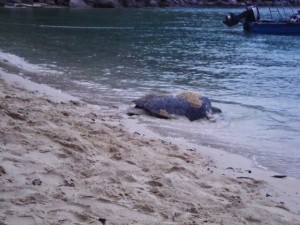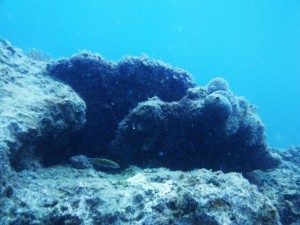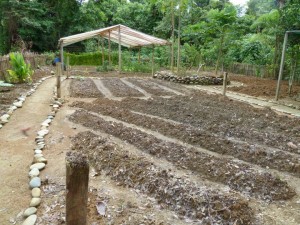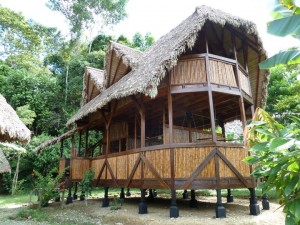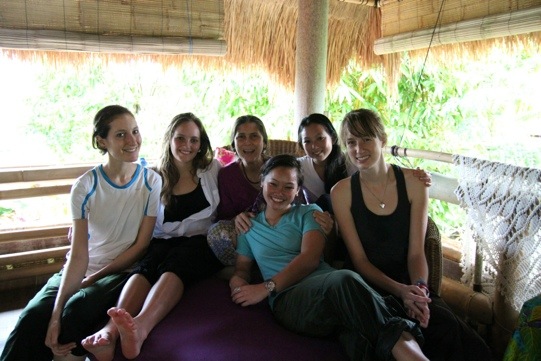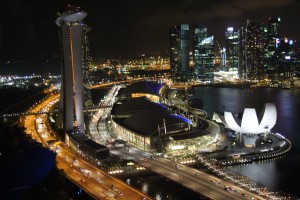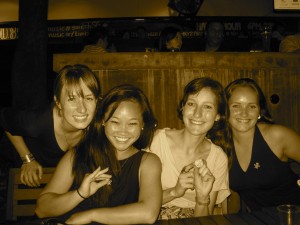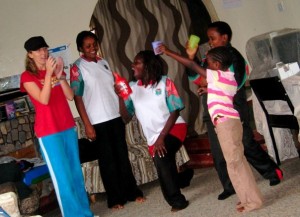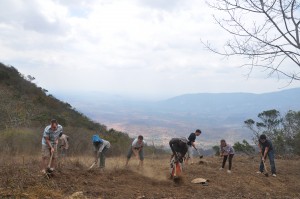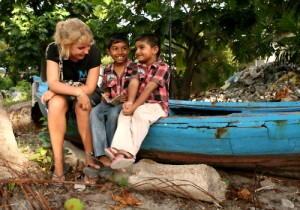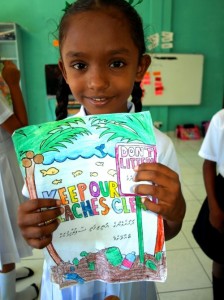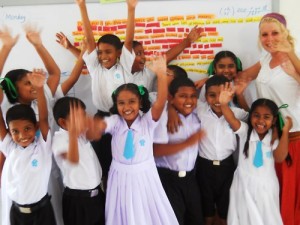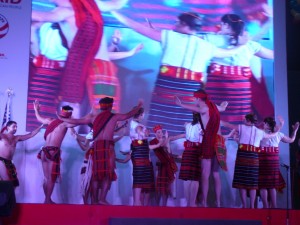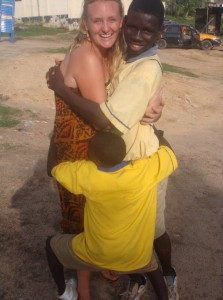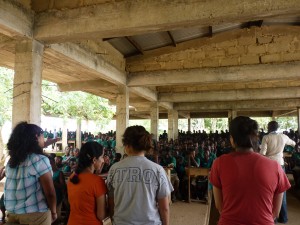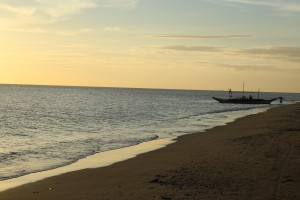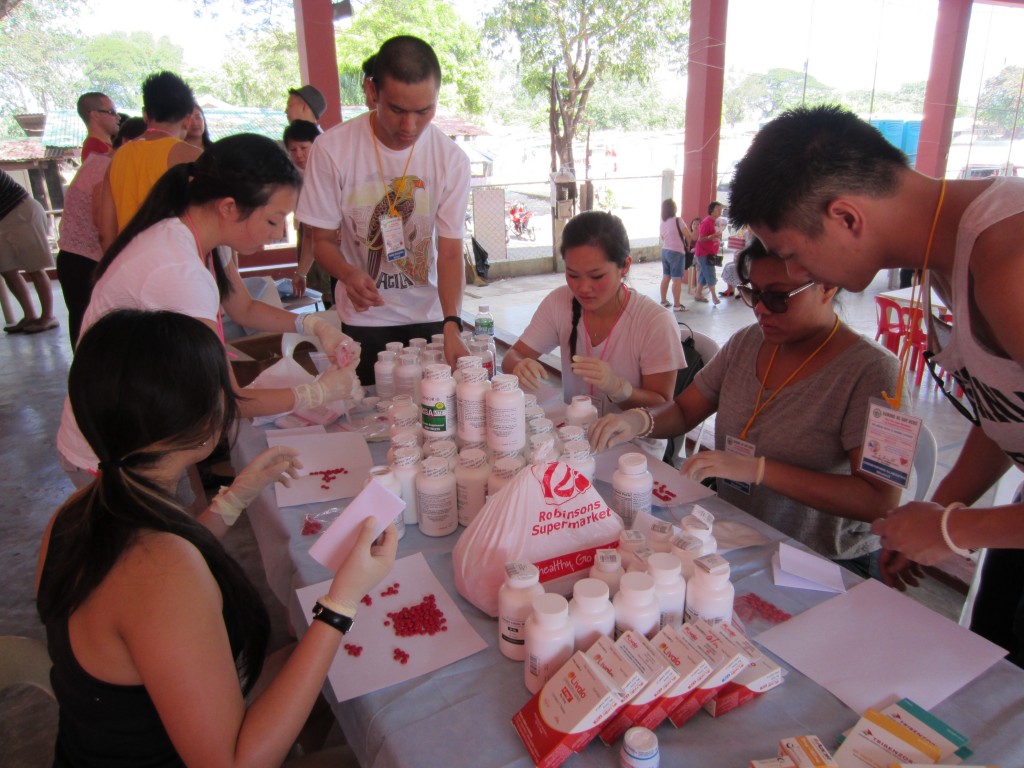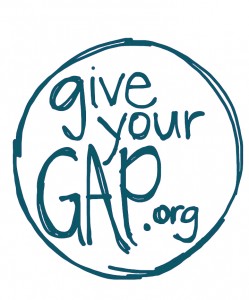 Name: Sylvia Ng
Name: Sylvia Ng
Type of Work: Environment/Conservation
Region: Asia
Length of stay: Less than one month
Tell us about the organization you work for and what you do for them.
The organization I worked with is called Ecoteers. I volunteered for their Perhentian Turtle Volunteer Project in the Perhentian Islands in Malaysia for 2 consecutive years. I had a blasting time there. It was sun, sea, turtles, snorkeling, sand, stars, frisbee time, pontoon and jetty diving, village kids, mango ice blend almost everyday( with a dose of occasional thunder and monsoon rain!) And of all, the friends I made and the memories we forged together were unforgettable. Not forgetting the countless of close encounters I had with the beloved Mother Nature- being up close and monitoring female turtles and their hatchlings and monitor lizards!
Share a favorite memory.
Patrolling on a beach full of turtle tracks with 3 turtles making their pit at the same time but-there were only 2 of us! And did I mention, there were thunder and lighting?
What have you learned from your experience? How has it affected your long-term goals?
I decided to volunteer for this project because I wanted to reaffirm my passion. And I did.I always love the ocean and dream of doing my part in conserving marine animals. Turtles was definitely part of it. Throughout my weeks in this project, I’ve gained so many knowledge of turtles, corals, sharks and many general global oceanic problems. I met so many like minded people out there with a common goal as I do, people who inspires me, people whom I hope to work with one day. I know for sure after everything, that saving up for studying marine studies is definitely what I want in life- because I simply derive so much joy from it.
Do you have any advice for prospective gappers?
Follow your heart. Nothing beats a holiday for a good cause. Your money will definitely be worth it!

